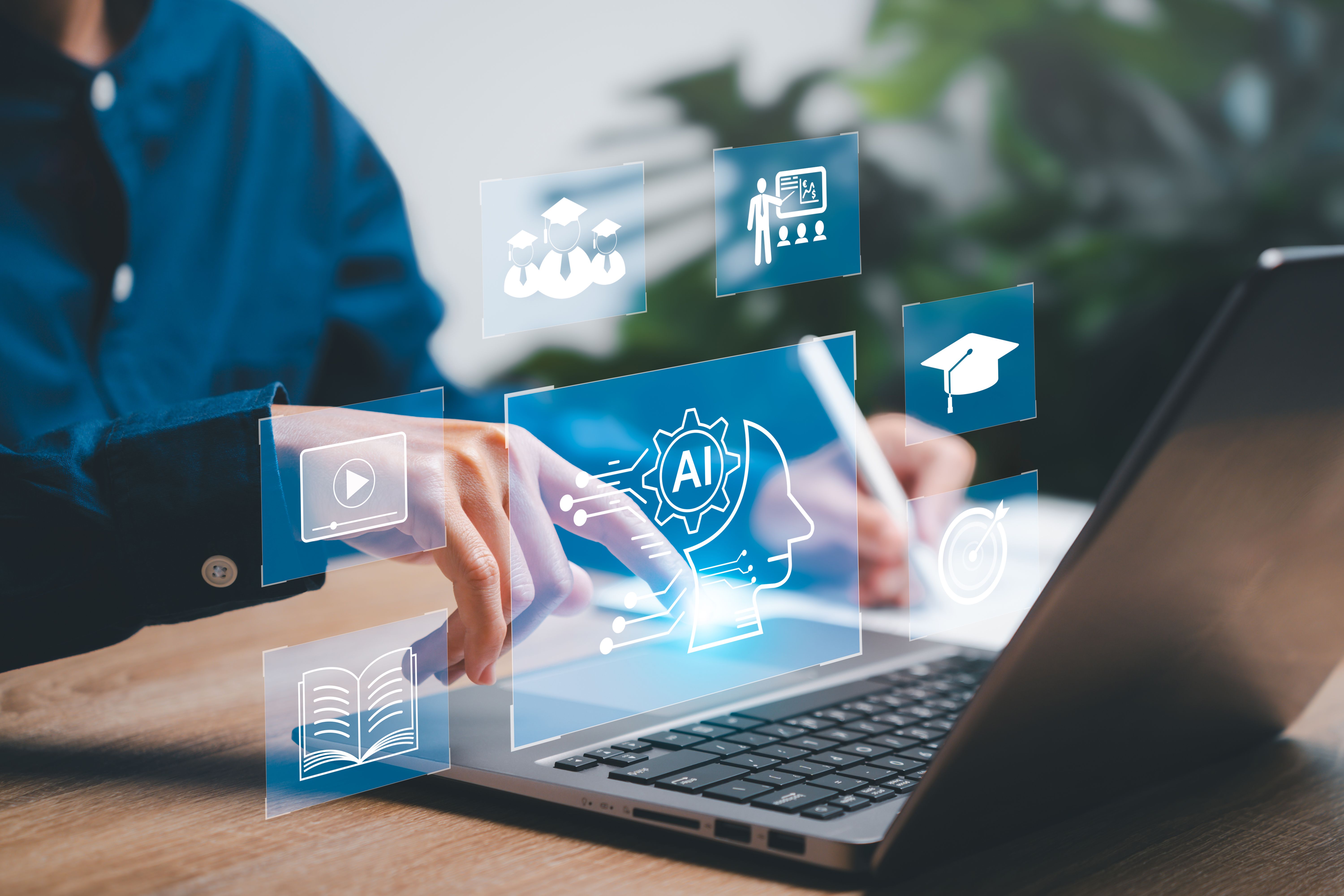Harnessing AI for Tailored Learning Experiences
The Rise of AI in Education
The integration of Artificial Intelligence (AI) into the educational sector is revolutionizing how learning experiences are crafted. Today, AI is not only enhancing the accessibility and efficiency of learning but also personalizing education to cater to individual student needs. This shift towards tailored learning experiences is helping students achieve better outcomes and educators refine their teaching methods.
AI technologies are being used to analyze vast amounts of data to understand unique learning patterns and preferences. This allows educators to provide customized instruction that addresses specific strengths and weaknesses. As a result, students receive a more personalized education that can adapt as they progress, ensuring they remain engaged and challenged.

Personalized Learning Paths
One of the most significant benefits of AI in education is the creation of personalized learning paths. AI algorithms can assess students' previous performance and learning styles, offering recommendations for future study materials or courses. This customized approach allows students to learn at their own pace and in a manner that suits them best.
By identifying the areas where a student excels or struggles, AI can suggest resources or activities that bolster understanding and mastery. This means that learners can spend their time focusing on areas that require improvement, rather than revisiting concepts they already understand well.
Adaptive Learning Platforms
Adaptive learning platforms are a prime example of AI in action. These platforms adjust the difficulty and type of content based on real-time feedback from the learner. For instance, if a student struggles with a particular math concept, the platform might offer additional exercises or alternative explanations until the student grasps the material thoroughly.

Enhancing Teacher Effectiveness
AI is not just beneficial for students; it also significantly enhances teacher effectiveness. By automating administrative tasks such as grading and scheduling, teachers can devote more time to developing engaging lesson plans and interacting with students. AI tools can also provide educators with insights into student performance, helping them identify those who may need additional support.
Furthermore, AI-driven analytics can guide teachers in modifying their teaching strategies. By understanding how different students respond to various instructional methods, educators can tailor their approaches to maximize learning outcomes for each individual in their classroom.

Challenges and Considerations
Despite its many advantages, integrating AI into education does pose challenges. Concerns about data privacy and security are paramount, as educational institutions must safeguard sensitive student information. Additionally, there is the potential for over-reliance on technology, which could lead to a diminished role for human educators in the learning process.
To harness the full potential of AI while mitigating these risks, it is crucial for stakeholders to establish clear guidelines and ethical standards. Collaboration between tech developers, educators, and policymakers will ensure that AI is used responsibly and effectively in educational settings.
The Future of AI in Education
The future of AI in education is promising, with ongoing advancements likely to further enhance personalized learning experiences. As AI technology continues to evolve, it will open up new opportunities for innovation in teaching and learning. The key will be finding the right balance between human interaction and technological assistance.
Ultimately, by embracing AI as a tool for personalization and efficiency, educators can create an environment where every student has the opportunity to succeed. The potential for AI to transform education is vast, and its impact will be felt for generations to come.